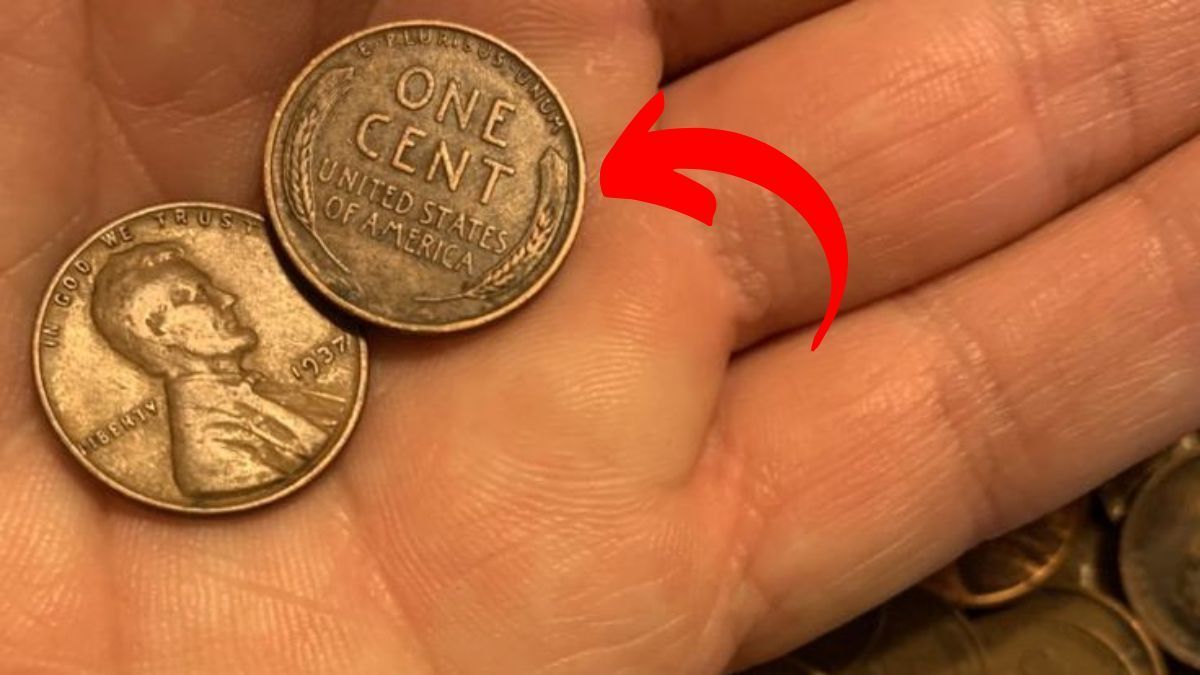The Lincoln Wheat Penny Valued at $2000 Million: Recent claims about a Lincoln Wheat Penny worth $2000 million ($2 billion) have sparked interest among coin collectors and the general public. While these claims are exaggerated, the true story of valuable Lincoln Wheat Pennies is fascinating and worthy of exploration. This article examines the real value and history of these remarkable coins.
Historical Background
The Lincoln Wheat Penny, introduced in 1909 to commemorate Abraham Lincoln’s centennial birthday, marked a significant milestone in American coinage as the first U.S. coin to feature a real person. These pennies, produced until 1958, featured Lincoln’s portrait on the front and two wheat stalks symbolizing prosperity on the reverse, earning them the nickname “Wheat Cents.”
Understanding Their Value
The value of Lincoln Wheat Pennies is determined by several key factors. Rarity plays a crucial role, with some years having very limited production runs. Minting errors, such as double dies or off-center strikes, can significantly increase a coin’s worth. The coin’s condition, or grade, also greatly impacts its value, with pristine specimens commanding premium prices.
Most Valuable Specimens
The most expensive Lincoln Wheat Penny ever sold was a 1943 Bronze specimen, which achieved approximately $1.7 million at auction. This particular coin’s extraordinary value stems from its accidental production in bronze during World War II when pennies were supposed to be made of steel to conserve copper for the war effort.
Notable Rare Varieties
Several other Lincoln Wheat Pennies command impressive prices. The 1909-S VDB, featuring the designer’s initials, can sell for up to $100,000 in excellent condition. The 1914-D and 1922 No D Error pennies are also highly sought after, with values ranging from a few thousand to over $100,000 depending on their condition.
The Double Die Variety
The 1955 Double Die Wheat Penny represents another fascinating chapter in numismatic history. This error coin, showing distinct doubling in its lettering, can fetch between $1,500 and $125,000, depending on its condition. Its unique appearance makes it one of the most recognizable error coins in U.S. history.
Debunking the $2 Billion Myth
While some Lincoln Wheat Pennies are genuinely valuable, the claim of a $2 billion specimen is entirely false. No U.S. penny has ever approached this value, and even the rarest coins typically sell for far less. This myth likely arose from misunderstandings or exaggerations about the genuine value of rare specimens.
Finding Valuable Specimens Today
Although Lincoln Wheat Pennies haven’t been minted since 1958, they occasionally appear in circulation. While finding an extremely valuable specimen is unlikely, checking any Wheat Penny you encounter is worthwhile. Key details to examine include the mint year, mint mark, and overall condition.
Preservation and Authentication
For collectors fortunate enough to find potentially valuable Wheat Pennies, proper preservation is crucial. Professional grading services like PCGS and NGC can authenticate and grade coins, providing valuable documentation for collectors and investors. Proper storage and handling are essential to maintain a coin’s condition and value.
While the $2 billion Lincoln Wheat Penny is a myth, these historic coins remain fascinating pieces of American numismatic history. Their true values, while more modest than some claims suggest, can still be substantial, particularly for rare varieties in excellent condition. For collectors and enthusiasts, the hunt for valuable Wheat Pennies continues to provide excitement and the possibility of discovering hidden treasures in everyday change.
Disclaimer: This article is for informational purposes only. Coin values can fluctuate based on market conditions and collector demand. Professional authentication is recommended before making any significant numismatic investments. The author and publisher are not responsible for any investment decisions made based on this information.





















